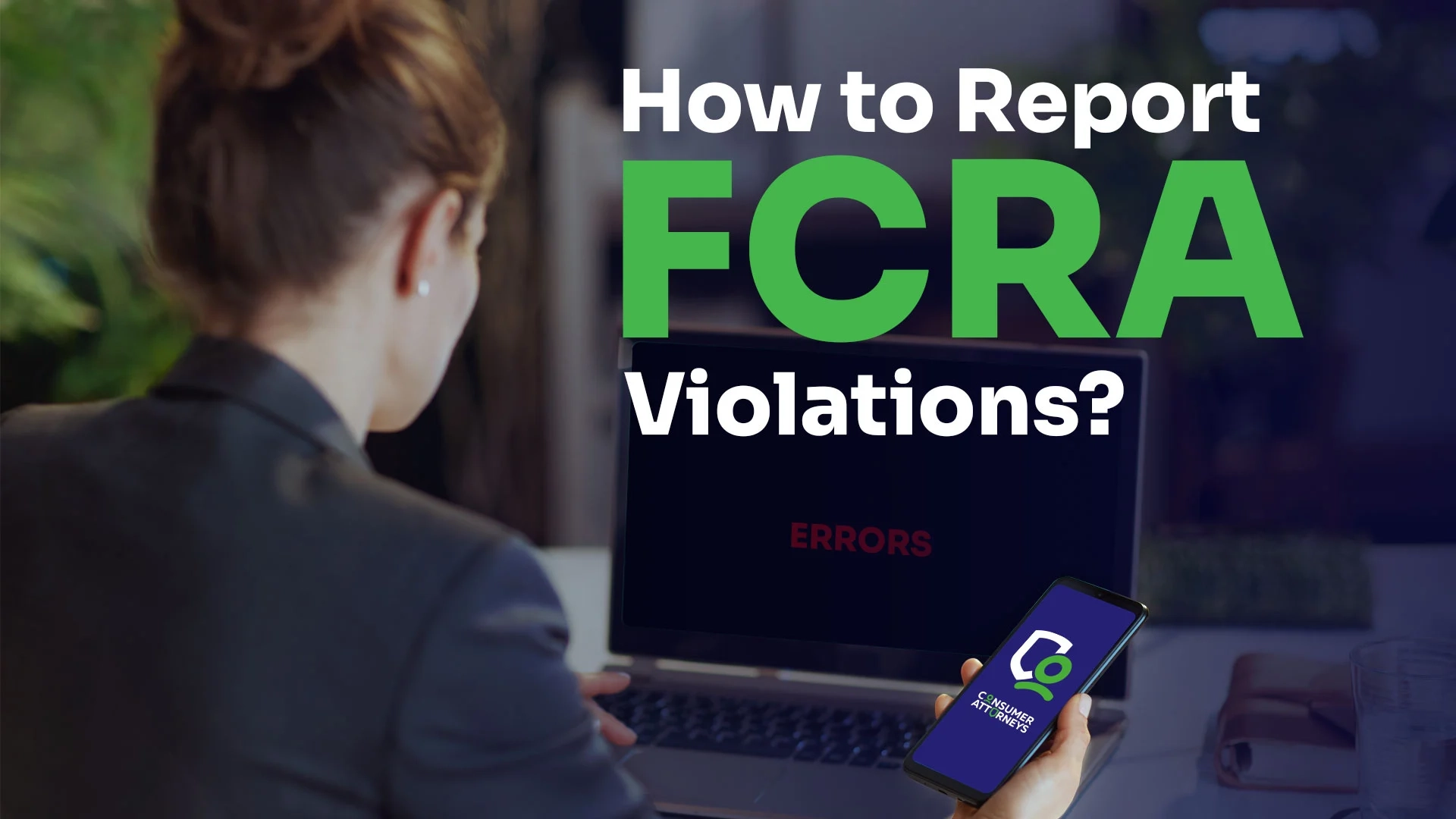America's Largest
Consumer Reporting Law Firm
We Sue Background Check Companies and Credit Reporting Agencies.

David Chami
Managing Partner

Daniel Cohen
Founding Partner

David Chami
Managing Partner

Daniel Cohen
Founding Partner

With a team of lawyers nationwide, we’re right where you need us to be
Consumer Attorneys is a nationwide consumer protection law firm. When you're denied a job, mortgage, loan, rental, vacation, car, or other opportunity due to inaccurate, misleading, or false information in a credit or background check report, we help correct your report, repair your finances, and restore your reputation. Through legal advice and litigation, we protect your rights and hold companies accountable. You pay nothing out of pocket because they pay when we win. If you’ve been searching for a “consumer protection lawyer near me?” you found us. You can trust us to take it from here
Our Practice Areas
Nationwide Representation
General phone number for your free consultation:

Blog Spotlight













